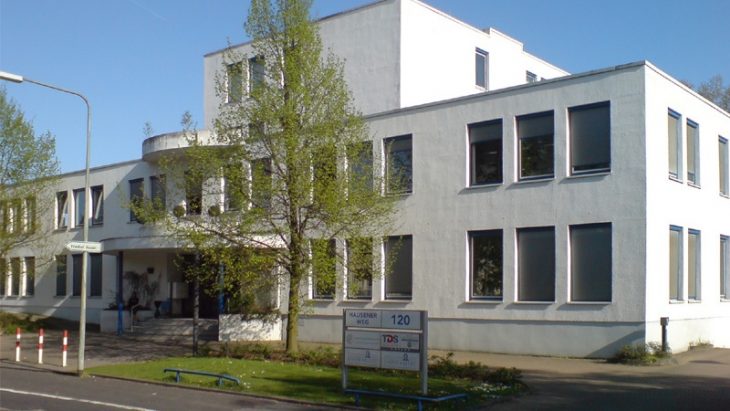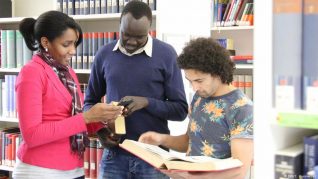Max Planck’s Doucet Scholarship
Institution: Max Planck Institute for European Legal History
Country: Germany
City (Metropolitan Area): Frankfurt am Main
Applicant Eligible Countries: Worldwide
Type of Opportunity: Scholarships
Subjects: History
Duration: 3 months
Application Deadline: September 15, 2018
Funding: 44 € per day, for a maximum of 90 days.

The Max Planck Institute for European Legal History has opened a second call for their annual ‘Doucet Scholarship’. This scholarship, now in its second year, began following a substantial acquisition of works belonging to legal historians, Lourdes Lascurain de Doucet and Gaston Doucet. The impressive collection boasts almost 5,000 pieces, including historically groundbreaking titles in history, legal history, and science, spanning centuries of research across a Pan-American background.
The research scholarship, taking place over a three-month period, will occur from January through March 2019. This scholarship is designed for those residing outside of Frankfurt to utilize the institute’s extensive library containing the famous collection on derecho indiano. To be eligible, post-doctoral researchers should have a vested interest in these works; they should ensure that this famous collection is integral to their research on Spanish colonial law. Those living or studying in South America will be given priority.
Funding for provisions during the three-month program is, of course, provided. You will receive 44 € each day for 90 days; additionally, you will be reimbursed for air travel costs, with a limit of 1000 € for transatlantic flights and 500 € for European.
The Max Planck Institute for European Legal History plans to select just two research fellows for the upcoming placement. During the first call for the scholarship, the institute received a high volume of out of the ordinary applications, so be aware that the standard is high.
Potential research fellows are asked to apply via email by September 15th, 2018. The application should consist of a CV, a detailed description of the project, and a cover letter. Specifically, the cover letter is termed by the institute as a ‘motivation letter’, thus the letter should include, in detail, how researching the editions found only in the Doucet works relate directly to their future project.
To learn more and apply, click here.




